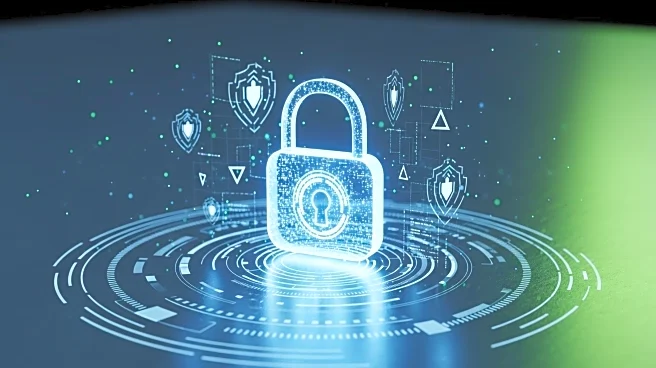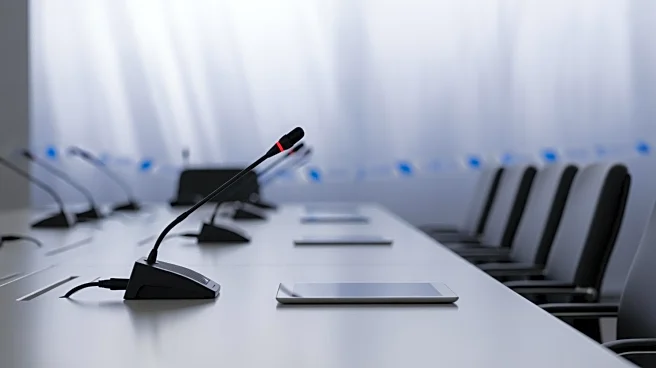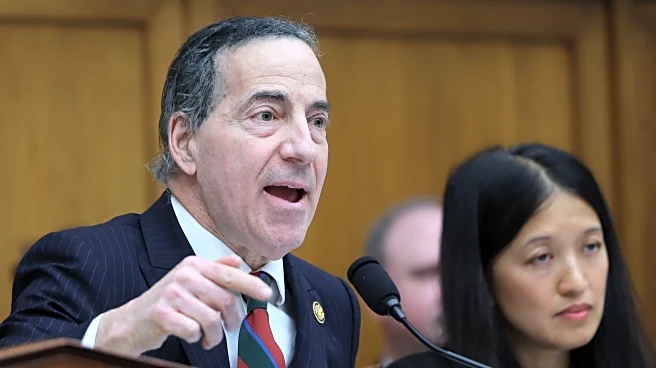What's Happening?
The AI Cybersecurity Challenge (AIxCC), a competition sponsored by the US Defense Advanced Research Projects Agency (DARPA) and Advanced Research Projects Agency for Health (ARPA-H), has concluded with winners showcasing AI systems capable of autonomously discovering and patching zero-day vulnerabilities in real-world code. The competition highlights the potential of generative AI in revolutionizing vulnerability discovery within critical infrastructure. Taesoo Kim, leader of the winning team, Team Atlanta, and Andrew Carney, program manager for AIxCC, discussed the implications of these AI systems, including the possibility of commercialization and the advent of 'self-healing infrastructure'.
Why It's Important?
The development of AI systems that can autonomously identify and fix vulnerabilities is significant for cybersecurity, particularly in critical infrastructure sectors. This technology could drastically reduce the time and resources needed to address security flaws, enhancing the resilience of systems against cyber threats. The potential commercialization of these AI tools could lead to widespread adoption, transforming how organizations approach cybersecurity. However, it also raises concerns about the accessibility of such powerful tools to malicious actors, necessitating careful consideration by policymakers.
What's Next?
As generative AI models for vulnerability discovery move towards open-source availability, stakeholders including defenders, attackers, and policymakers must prepare for the seismic shifts in cybersecurity dynamics. The commercialization of these tools could lead to rapid advancements in 'self-healing infrastructure', where systems automatically detect and resolve vulnerabilities. Policymakers will need to address the ethical and security implications of these technologies, ensuring they are used responsibly and do not fall into the wrong hands.
Beyond the Headlines
The ethical dimensions of AI in cybersecurity are complex, as the same tools that can protect systems can also be exploited by attackers. The balance between innovation and security will be crucial as AI technologies evolve. Additionally, the cultural shift towards automated security solutions may impact the cybersecurity workforce, requiring new skills and approaches to managing AI-driven systems.










